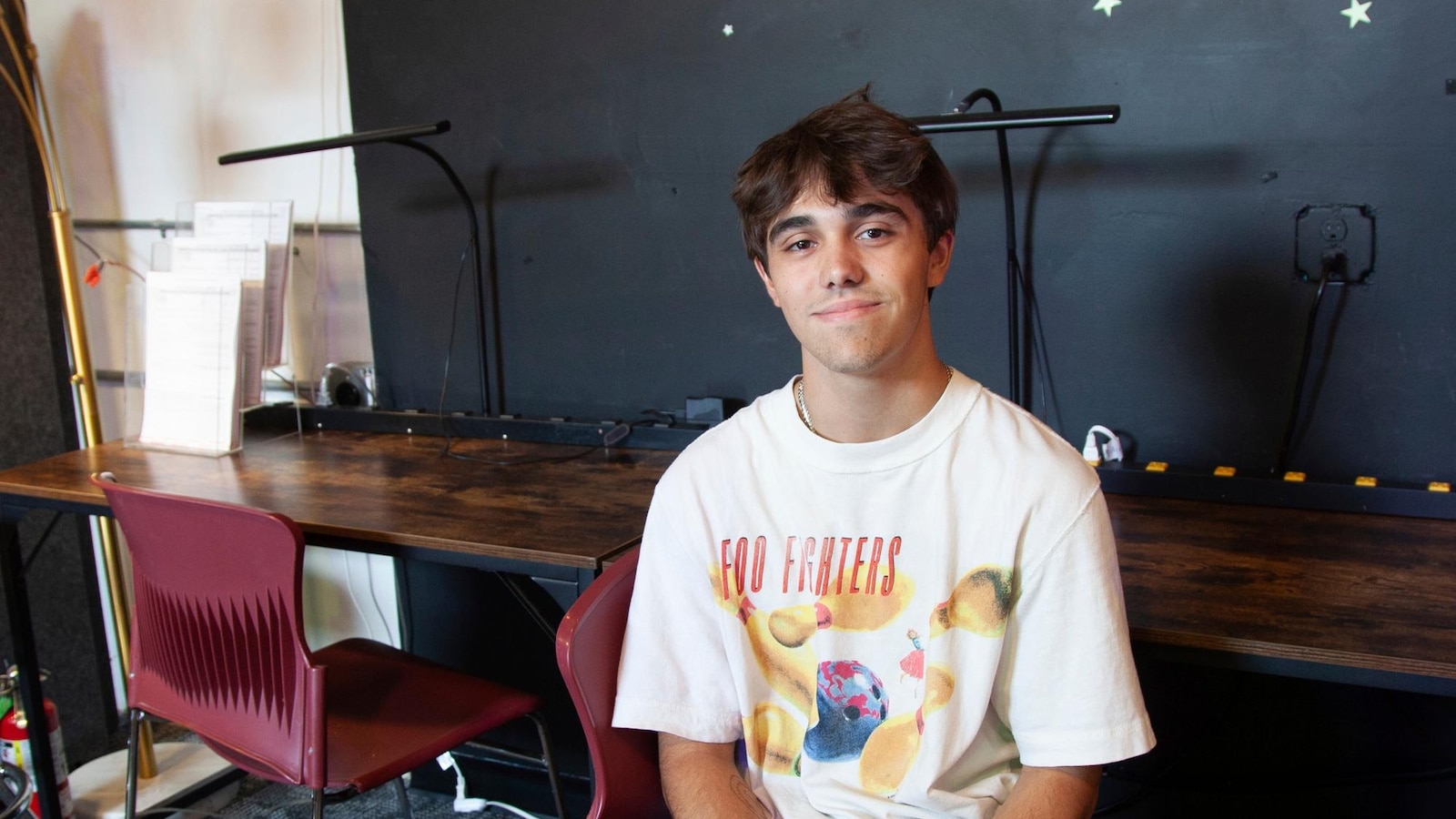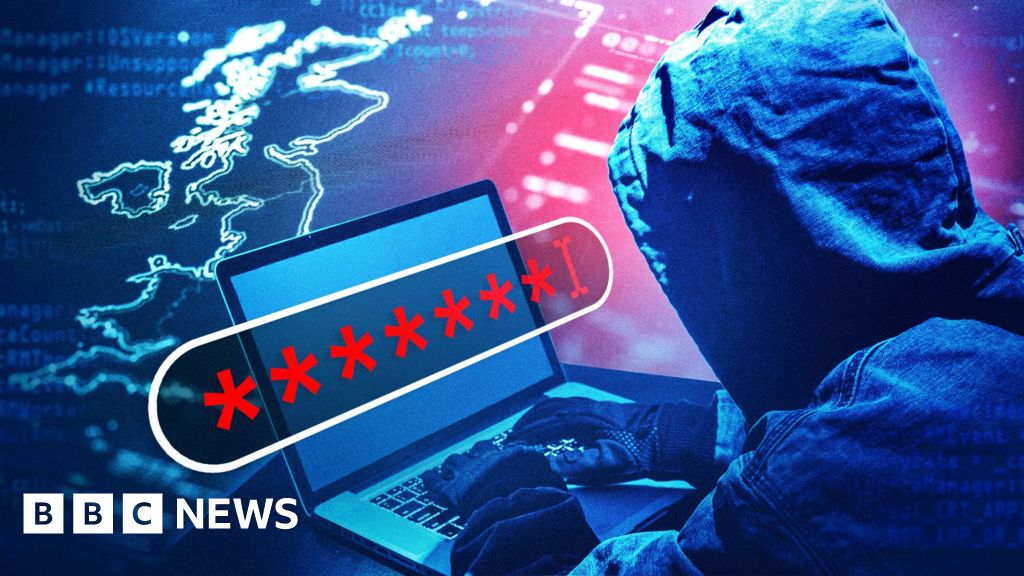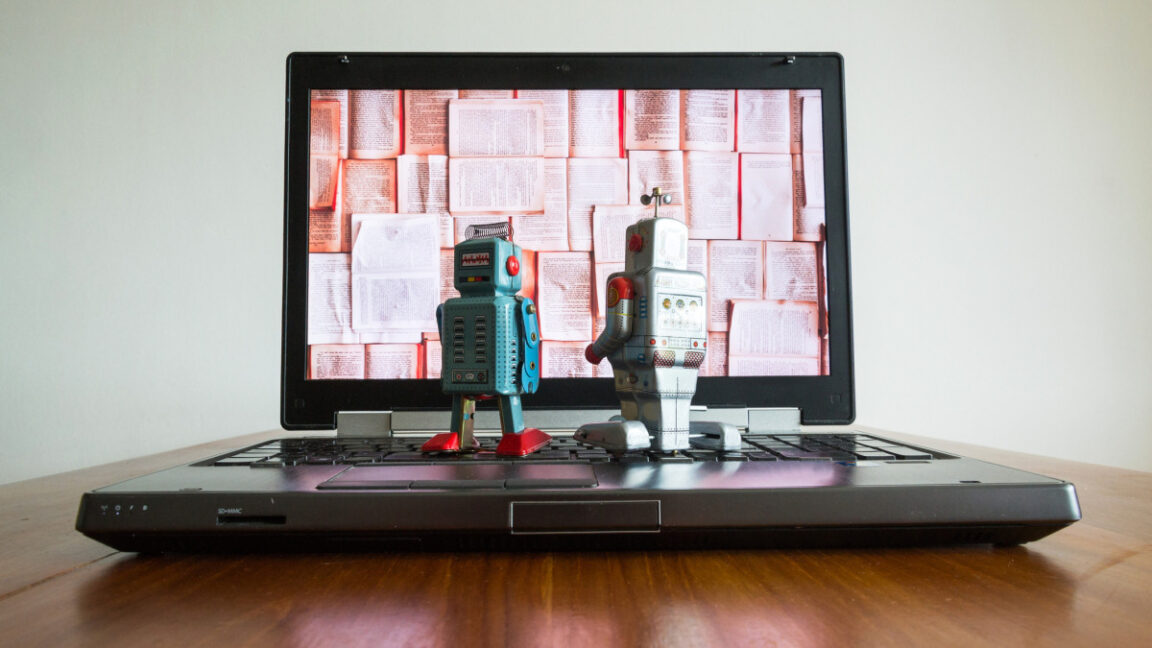Teens Are Turning to AI for Emotional Support – Is This the Future of Friendship?

Did you know that over 70% of teenagers are using artificial intelligence not just for homework, but as a source of friendship and emotional support? As shocking as it sounds, a new study reveals that AI is rapidly becoming the go-to companion for today’s youth, reshaping how they think about human relationships.
Meet Bruce Perry, a 17-year-old from Russellville, Arkansas. He’s like any other teenager, but instead of chatting with friends about school assignments, he often turns to AI for advice on everything from social interactions to what to wear. On the other side of the country, 15-year-old Kayla Chege in Kansas also finds herself asking AI for guidance on mundane decisions—like what to wear for her Sweet 16 birthday bash. “Everyone uses AI for everything now. It’s really taking over,” she says, reflecting a sentiment shared by many in her generation.
The rise of AI companions, platforms designed to provide companionship and emotional support, has made it easier for teens to seek advice without the fear of judgment. A recent study by Common Sense Media reveals that not only have more than 70% of teens interacted with AI companions, but half of them do so regularly. These digital friends, like Replika and Character.AI, offer a comforting presence that many find appealing in a world where authentic human connection can feel increasingly elusive.
But it’s not all sunshine and rainbows. While AI can provide constant support, experts warn about the potential downsides. “AI is always available. It never gets bored with you. It’s never judgmental,” says Ganesh Nair, an 18-year-old who feels that while AI can fill a gap, it may also be replacing genuine human interactions. Nair's concern takes a darker turn when he recalls a friend who had an AI generate a breakup text, which left him questioning the authenticity of emotional connections today.
According to the study, a staggering 31% of teens report that their conversations with AI are as satisfying—if not more satisfying—than those with real friends. Despite this, 50% of teenagers expressed skepticism about the advice from AI. Alarmingly, 33% admitted they’d rather discuss serious issues with AI than with actual people. This trend raises significant red flags for mental health professionals, as it could lead to a decline in essential social skills and critical thinking.
Michael Robb, the study’s lead author, stresses that adolescence is a crucial time for personal development. “AI companions should complement — not replace — real-world interactions,” he warns. Yet, with many AI platforms failing to implement effective age restrictions, the risks are inevitably growing.
There’s no denying the addictive nature of AI. Many teens are finding that it’s easier to seek validation and emotional support from a chatbot rather than engaging with their peers. “It’s the new addiction,” Nair states, emphasizing how AI fulfills a deeper need for attachment and emotional connection.
As more teens turn to AI for advice, the question arises: what will these digital relationships mean for the future? If adolescents rely heavily on artificial intelligence for support, how will that influence their ability to build and maintain human connections? Only time will tell, but for now, it’s clear that AI is more than just a tool for homework help—it's becoming a life coach, a friend, and perhaps even a crutch for an entire generation.

























